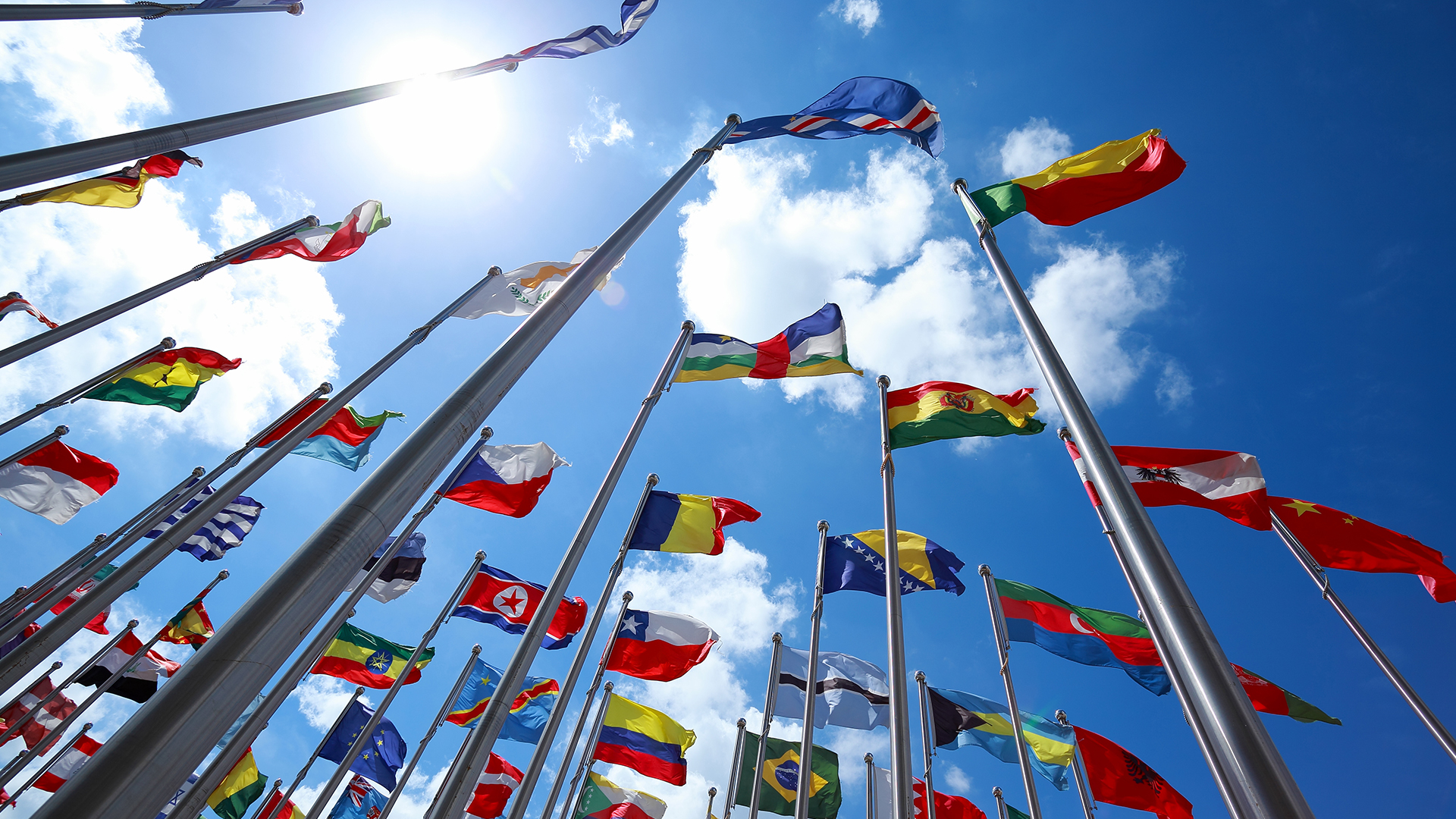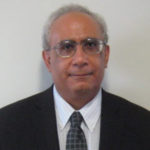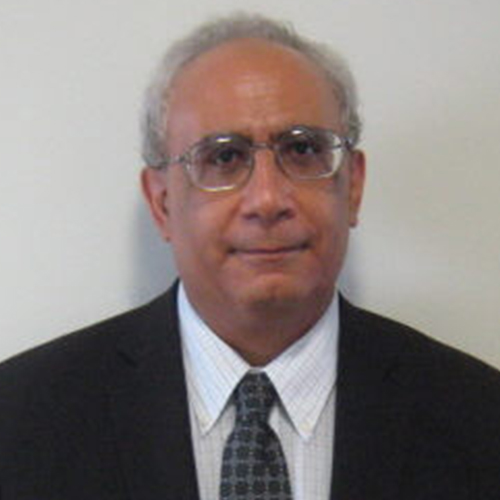
The present generalist model of the Canadian diplomatic corps ensures that any in-depth expertise is thrown away and wasted just as it is developing. This leaves Canadian diplomats relatively amateurish, compared to their more specialized and experienced counterparts from the diplomatic corps of like-minded countries.
In a recent study for the University of Ottawa’s Centre for International Policy Studies, career diplomat Ulric Shannon argues that the generalist model of diplomacy that Global Affairs Canada (GAC) is following is resulting in a “causal literacy.” In other words, Canadian diplomats are not given the opportunity to become as deeply knowledgeable or experienced as they should be on a wide range of international relations subject matters.
This is in contrast to the growing trend among the foreign ministries of our major allies who tend to support the development of a diplomatic corps in subject matter, or regional and linguistic expertise.
General knowledge on a wide range of international issues and geographic regions used to be an asset for a diplomat in the pre-internet days of slow travel and even slower communications. However, as the world has grown more specialized, more interconnected and more complex, a generalist ability to know a little bit about a lot of things is increasingly quaint but unhelpful. This is a time when deep specialization about complex global issues is needed.
Unfortunately, GAC continues to resist this model, remaining focused on a generalized foreign service with little to no specialized expertise among Canadian diplomats.
The generalist model used by GAC and as applied by its human resources team, ensures that Foreign Service Officers (FSOs) are treated as indistinguishable and interchangeable, marked only by their civil service employment classification level. Any unique abilities (including linguistic abilities), experiences, expertise or knowledge are ignored and sometimes even dismissed. FSOs are all seen as generalists who can be readily and quickly dropped into any role at any given time and expected to adapt. Attempts by individual officers to develop their own expertise are undermined in favour of the generalist model. FSOs are therefore thwarted in their own efforts at self-improvement.
The result of these practices is that Canadian diplomats, who are assigned to negotiate arms control treaties or specific regions, for example, rarely take on these tasks with same level of experience or extensive local contacts, or deep knowledge of the local language, culture or history as their American, British, French or Japanese colleagues. Other countries’ diplomats have usually been steeped in the subject matter or regional developments for years.
Canada’s diplomatic efforts therefore seem (and often are) ill-informed and amateurish, compared to those of their colleagues who usually have been immersed for years, if not decades, in the subject matter under negotiation or the region under discussion. In contrast, Canadian diplomats have often been working on the same subject for only a few months or a couple of years at best.
In the best-case scenario, a Canadian diplomat at the end of their (at a maximum) four-year assignment has become knowledgeable enough on the subject matter being negotiated or the geographic region. However, they are then informed that they have completed their assignment and it is time to move on.
All the expertise, knowledge and experience that the diplomat has accumulated is lost. The officer is then replaced by another one with little to no specific knowledge of the subject or region and the cycle starts again.
As a result, GAC’s ability to formulate long-term foreign policy thinking or planning is undermined. Foreign policy becomes superficial, lacking in long-term expertise, knowledge or experience. The bureaucracy within GAC becomes little more than a superficial briefing-note factory with little capacity or ability for in-depth expertise.
As Shannon’s report finds, in an increasingly complex world, the generalist model for a diplomatic corps is antiquated at best and destructive at worst for GAC’s in-house foreign policy development capacity.
The solution is to follow the emerging model from other countries, and support and encourage Canadian diplomats to develop in-depth knowledge, expertise and experiences in specific subject matters or geographic fields. This includes arms control, the law of the seas, Latin America or Southern Africa. It would permit the in-house development of deeper foreign-policy thinking and would permit the effective engagement on complex international relations subjects, such as peace in the Middle East, regional conflict in Southeast Asia, nuclear non-proliferation and disarmament, or the exploitation of sub-sea resources. All of these continue to be ongoing issues on the foreign policy agenda in Canada.
Canada needs to stop wasting the talent of experienced foreign service officers by transferring them just as they are sufficiently trained in their assignment. Until this HR policy is changed, GAC will continue to be unable to develop its long-term foreign policy or to provide informed foreign policy advice to the minister. The result will be that Canada’s performance on the international stage will remain second-rate.










